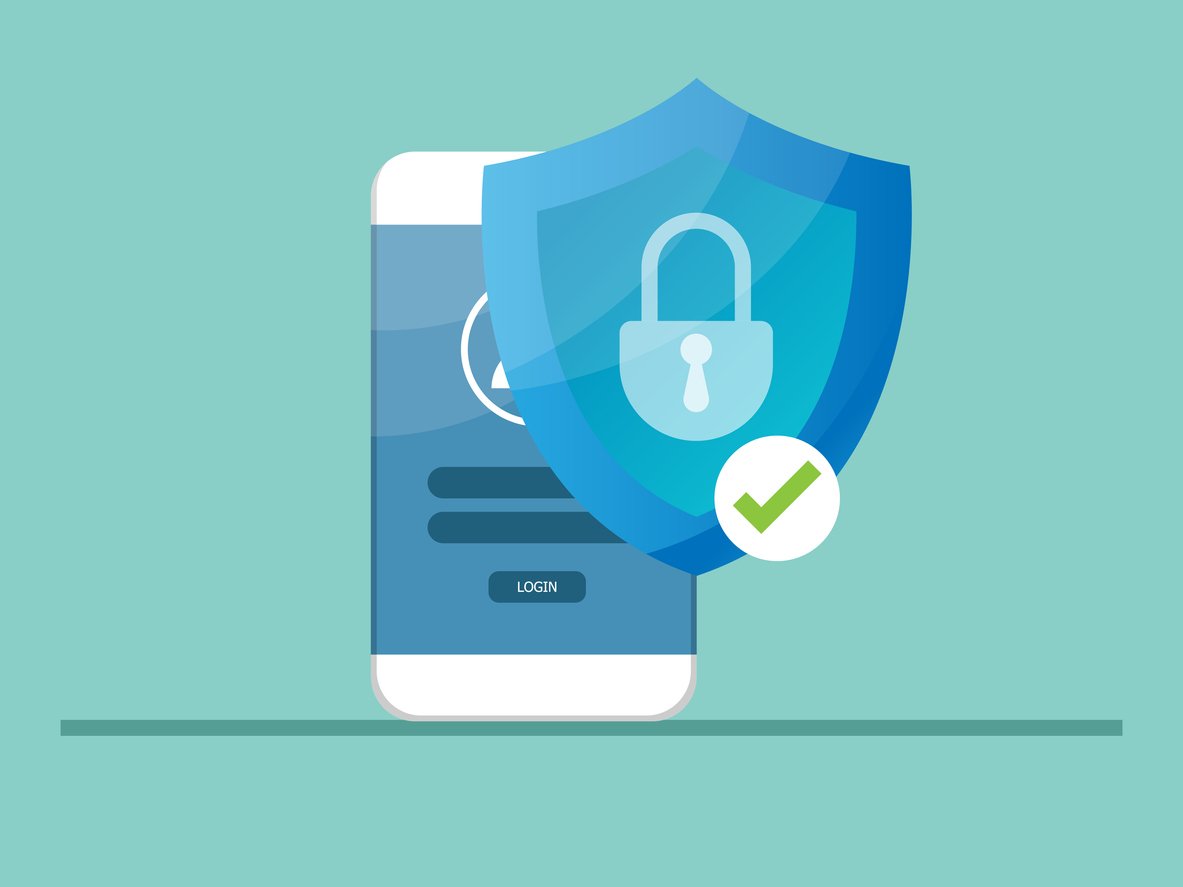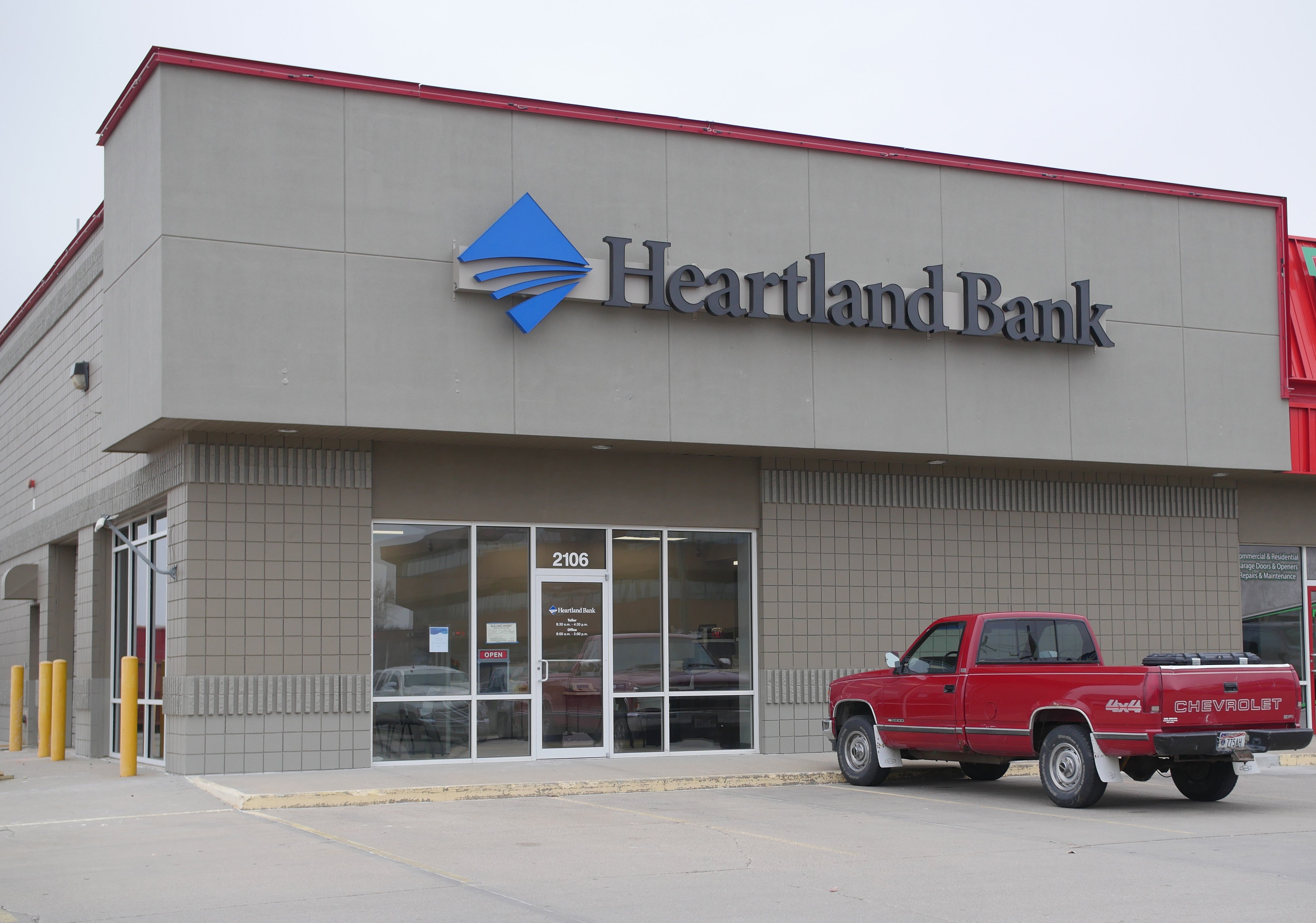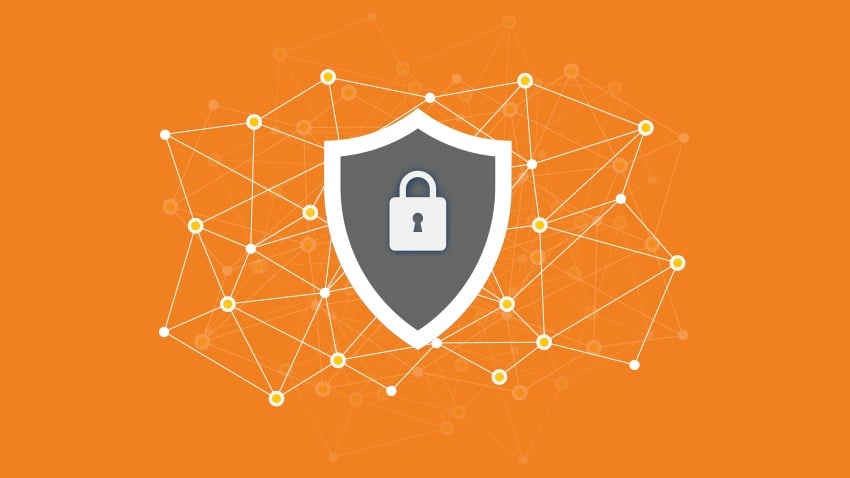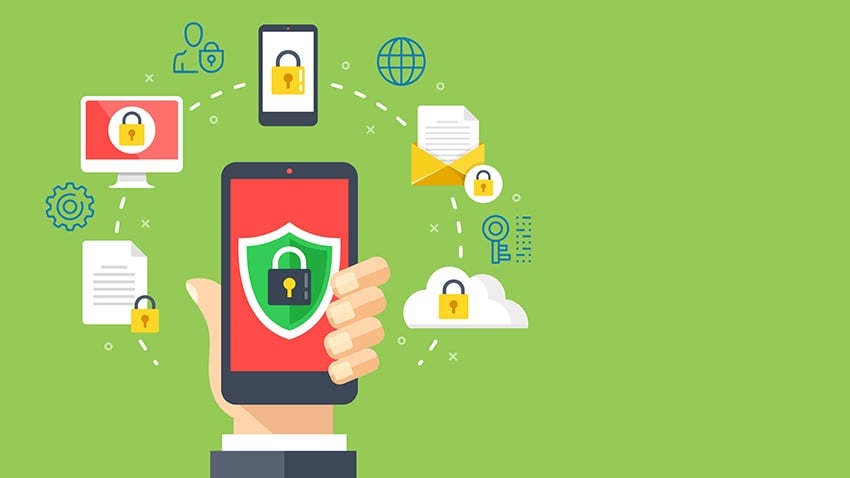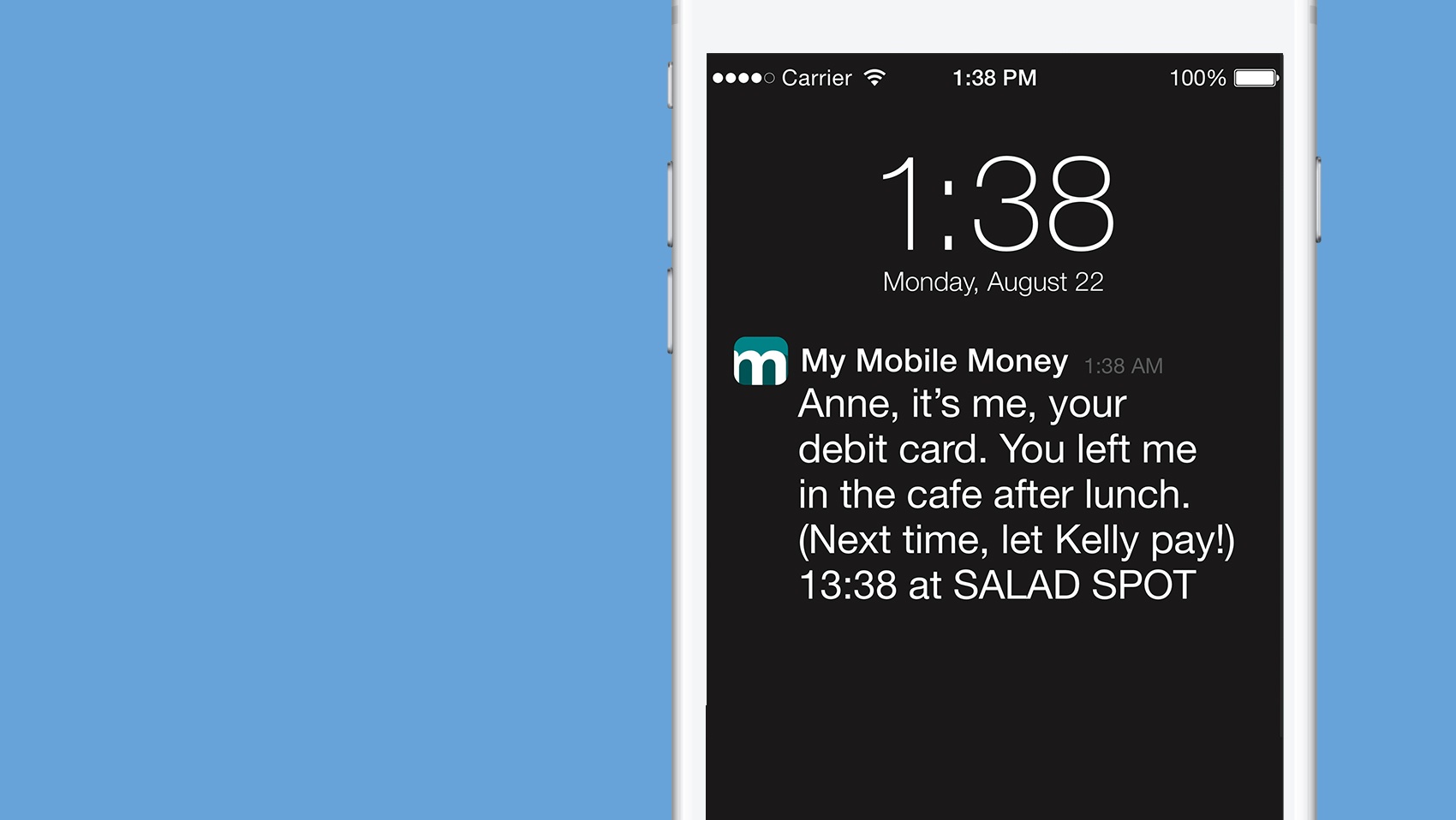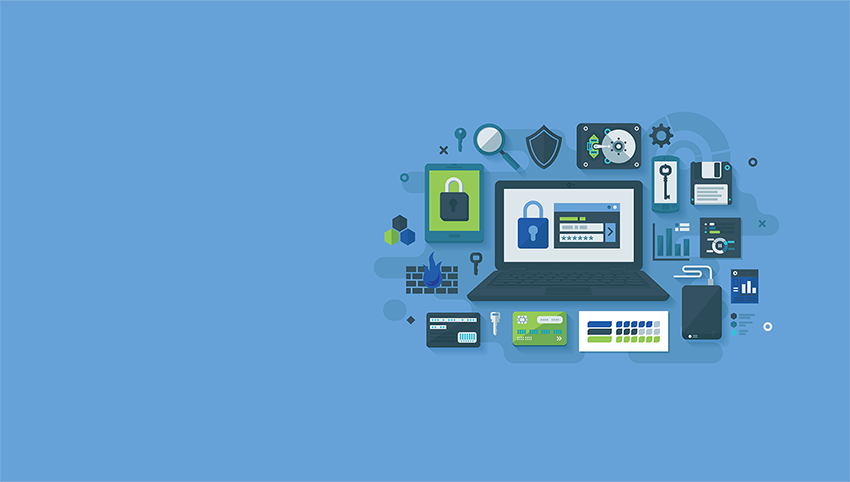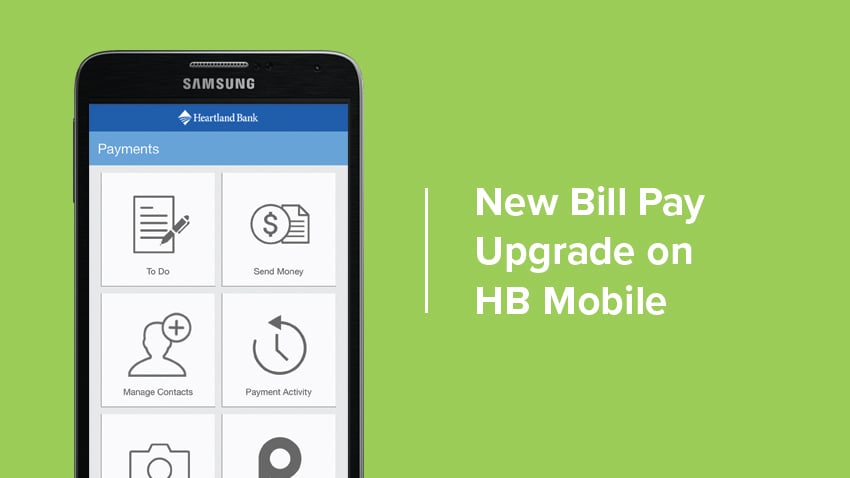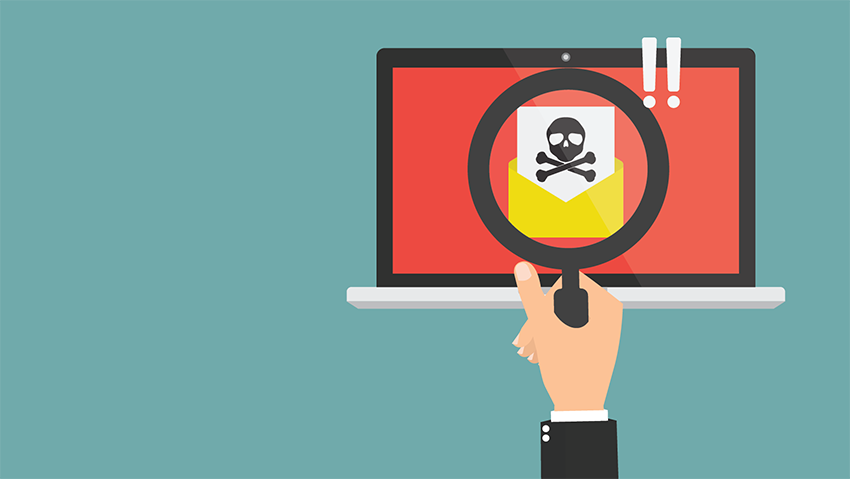
"Warning: Your computer has been infected with malware or a virus!" This is a message no one wants to see while on their computer.
Unfortunately, this is a situation that can happen to you. If it does, you may instantly get a sense of dread and panic. "Will I loose all of our family photos I have on our computer? Will my identity be stolen? Will I have to buy a new computer?"
In your mind, a timer is counting down. You get the feeling that this is something you have to fix as soon as possible or it's the end for your computer and data.
Alas, a pop-up window appears with the solution to your dire situation. You quickly call the number listed in the message. A friendly tech support representative explains the issue and offers several options you can pay for to resolve this issue. You provide your payment information and the message goes away. The crisis has been averted and your sense of dread and panic resides. Back to business as usual.
How This Scam Works
This may sound like a good ending to a bad situation. However, if you followed the steps above, you may have unknowingly been the victim of a new computer scam. This scam is a new variant of the common Microsoft tech support fraud. This issue has been effecting consumers across the United States, including here in Nebraska.
In this new variant of the classic scam, cyber criminals use either pop-up windows or even loud voice alerts to deceive victims into thinking their computer has been infected with malware or a virus. Once the user submits payment to the cyber criminals in disguise, their cards or bank accounts are charged fraudulent or unauthorized transactions.
The cyber criminal might instead offer to remotely log into your computer so they can fix the issue directly. Once you give them access though, the criminal locks you out of your computer and any files stored on it until you pay a ransom fee to regain access.
How to Avoid Becoming a Victim
Unfortunately with this type of scam, there may be little you can do from your end to avoid seeing or hearing a message like this. Experts say criminals either buy ad space or infect a website that has weak security. Links are often spread on social media sites posing as legitmate sites. Internet users need to be diligent and avoid clicking on links to unknown sites or visiting suspicous websites.
If you do happen to see or hear a message claiming your computer has been infected with malware or a virus, never call the number listed in the message. Microsoft says it will never prompt you to call an 800 number for tech support. You should always be the one that prompts the call from a number that you know is genuine. You can find this number by checking your device’s manual or visiting the official website of the manufacturer or the company that provides the operating system (in most cases this is either Microsoft or Apple).
If You’ve Responded to a Scam
If you think you might have downloaded malware from a scam site or allowed a cyber criminal to access your computer, don’t panic. Follow the steps below instead:
- Get rid of malware. Update or download legitimate security software and scan your computer. Delete anything it identifies as a problem.
- Change any passwords that you shared. If you use these passwords for other accounts, change those accounts, too.
- If you paid for bogus services with a credit card, call your credit card provider and ask to reverse the charges. Check your statements for any other charges you didn’t make, and ask to reverse those, also.
Additional Resources:
- Tech Support Scams - Federal Trade Commission - Consumer Information
- 7 On Your Side Exposes Computer Tech Support Scam - ABC 7 News
- Avoid Tech Support Scam - Microsoft
Heartland Bank is a family-owned bank located in 13 different communities across the heart of Nebraska. Heartland Bank's vision is to improve the lives of customers, associates, and communities. Voted American Banker 2022 Best Banks to Work For. Learn more at MyHeartland.Bank.

